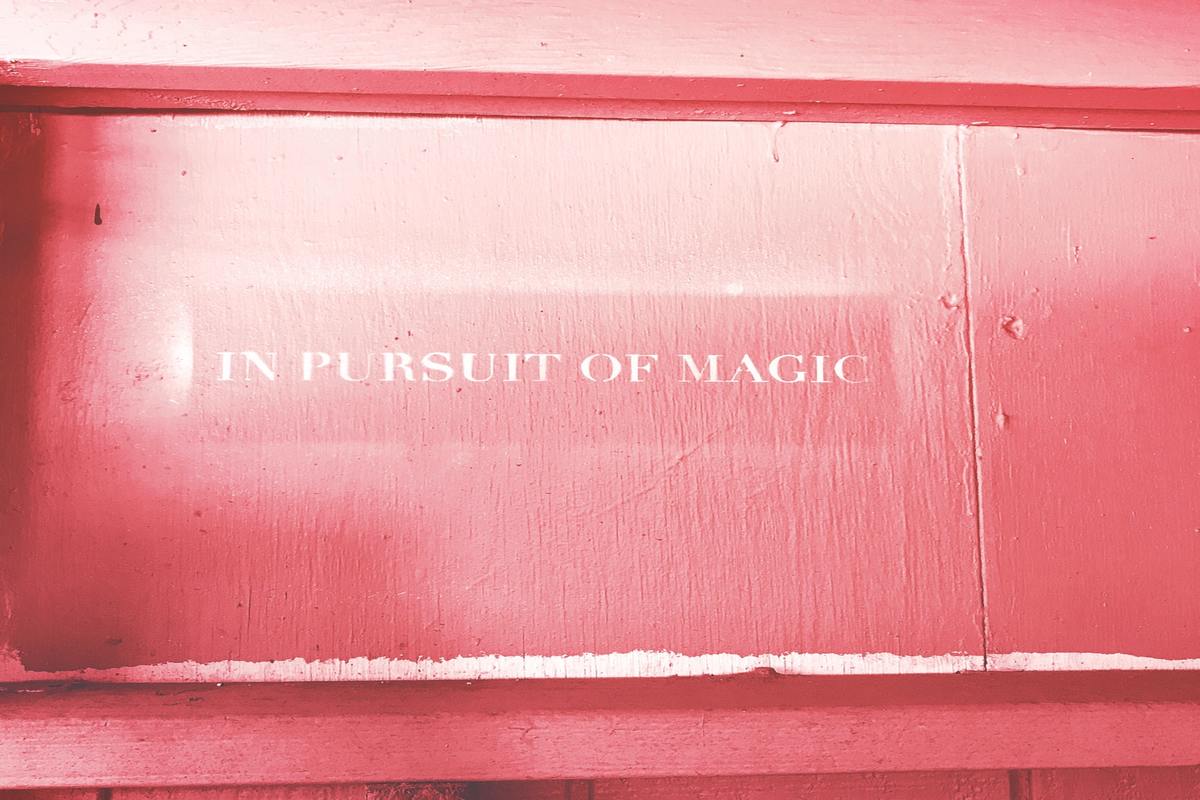I’ve had the good fortune to interview several podcast hosts for the New York Observer, most recently James Urbaniak. I’ve also talked to Russ Haven, legislative counsel for The New York Public Interest Research group and a very independent film director. The first interview I had was with Scott Bateman, the film director. Now, even though I was friends with the guy, I was scared, nervous, and intimidated. In my head, I thought I was trying to bridge a divide that I had no business going near.
After conducting several interviews, I realized that having the interest, the opportunity, and the desire to put the work into perfecting interviewing skills means I do belong in the same level as Bateman. I think Bert Cooper’s quote from Mad Men is particularly relatable: “The Japanese have a saying: a man is whatever room he is in, and right now Donald Draper is in this room.” If given the opportunity and time to prepare, you can successfully interview anyone.
HOW DO I DECIDE WHO TO INTERVIEW?
The best interviews come out of passion for the interviewee and their craft. You are providing a conduit for them to expand or reach their fan base, and the best way to do that is to be a fan yourself. You don’t necessarily have to agree with them on everything, but if it’s a major issue that hinders you from appreciating them, put it aside and try to examine it in context with everything else they’ve produced. If you still can’t get behind it, or at least compartmentalize it, then you may need to accept that you are not the right person to conduct the interview.
HOW DO YOU STOP YOURSELF FROM BEING SO NERVOUS BEFORE AN INTERVIEW?
Immerse yourself in your interview subject’s world. Watch, read, or listen to what they have created until you understand their point of view. If you don’t understand where they are coming from, your questions may come off as ill-informed, wrongheaded, or even combative.
Take copious notes on everything until key themes emerge. Even if you’re interviewing people who have a wide range of interests, if you really study them, you will notice patterns and themes that repeat themselves. It’s from those themes that you will develop inferences, and from those inferences that your best questions will come.
When you have a good understanding of the subject and several questions to ask, keep researching their work right up until the interview. You never know what new insights you might glean. The more comfortable you feel about their material, the more comfortable you will feel around them.
You need to be comfortable to make them feel comfortable talking to you. If your interview is over the phone, be prepared to be in your room or a quiet workspace for as long as you think the interview will last. You don’t want to be interrupted or distracted. Give yourself a glass of water, but no food, and be ready to put yourself in their headspace.
WHAT DO I DO DURING THE INTERVIEW?
Treat your guest like a friend by asking first about their wellbeing and what they’ve been doing this week. Don’t rush right into your questions. You don’t want to sound forced and/or canned. In addition to ingratiating yourself, it can also serve as an excellent segue, as their answers might very well be relevant to your interview questions.
Keep an eye on verbal or visual cues that they give you, as this may give you an idea for a follow-up about their response. Do your best to make your questions short and efficient. Your guest’s time is valuable, and you need to treat it like gold.
Hopefully, your new friend is passionate and connected to what you are asking them about, in which case the natural course of the conversation may flow out of that. Keep your questions and notes handy during the interview. Think of them as guidepost markers to keep you on the trail should you wander too far off.
WHAT TO DO AFTER THE INTERVIEW IS OVER
Thank them again for their time by text or email, and try to give them an idea, if you have one, of when the interview will be published. If your talk lasted for an hour, and you have it recorded and transcribed, then you may be looking at several thousand words more than you want in the final product. You will need to do some severe cutting.
What you are now creating, in effect, is a commentary of what you believe happened. You want this commentary to be the most interesting and informative version of the event as possible.
Your original notes and questions had a theme, and you will soon discover that the answers you received have one as well. When choosing what to reduce or eliminate, look for things that are farthest from that theme as well as obvious redundancies. It’s your job to put the interviewee in the best light possible, so use care. You don’t want lack of time to be the reason for cutting an entire paragraph.
When you’re finished, give them a heads up, and consider sending them a copy in advance to avoid embarrassing revisions or retractions after your story is published.
Congratulations! You’ve told the world about someone, and their work, that you find interesting. Hopefully, you’ve also made a valuable new friend.Nike air jordan Sneakers | adidas Yeezy Boost 350
